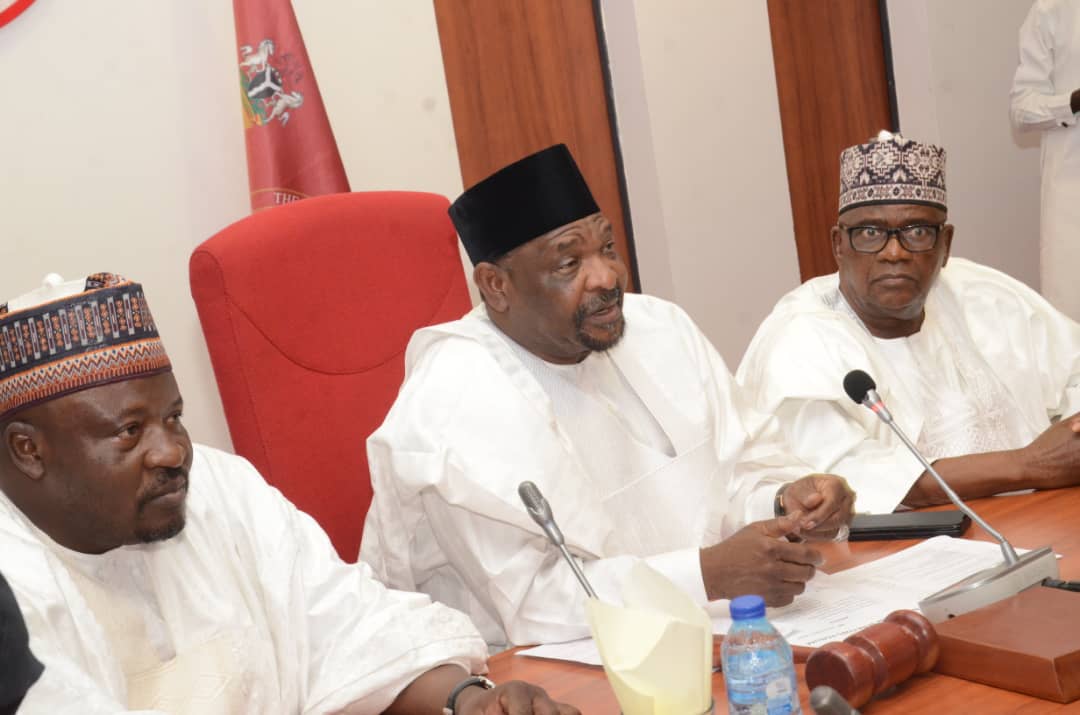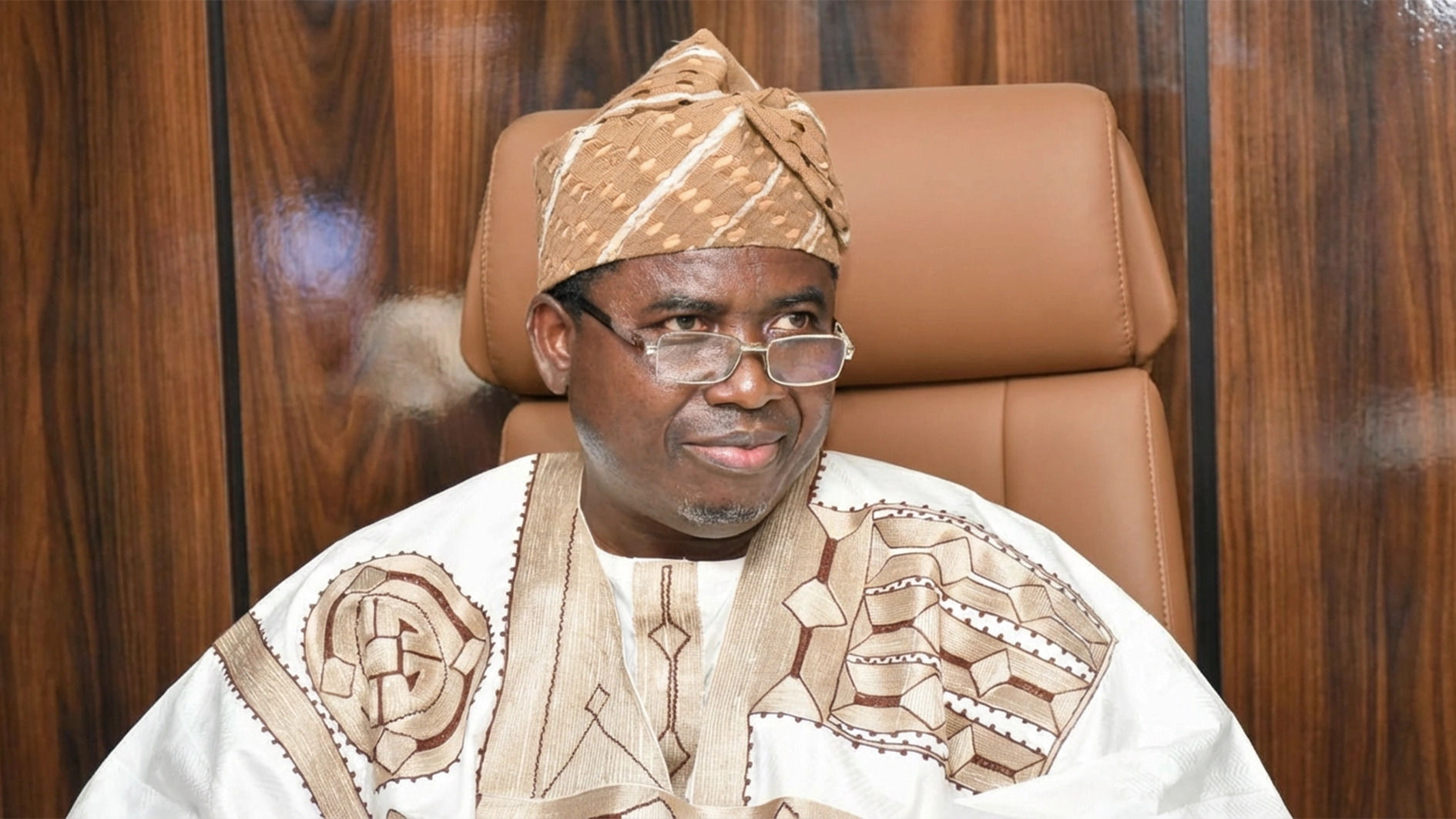Senior Advocate of Nigeria (SAN), Mohammed Ndarani, has issued a stern warning to members of the National Assembly over the ongoing constitutional amendment process, cautioning against selective and self-serving changes that do not reflect the will of the Nigerian people.
Speaking in Abuja on Friday, Ndarani condemned the reported removal of memoranda advocating for the removal of the immunity clause from the amendment process. He described such a move as a betrayal of public trust and an affront to transparency and accountability in governance.
“Who told them to remove those submissions—was it the people? Nigerians want the immunity clause removed. We need naked justice. Shielding public office holders from prosecution encourages impunity and undermines efforts to combat corruption,” he declared.
The senior lawyer criticised the National Assembly for allegedly cherry-picking amendments and shutting out public demands. He argued that successive amendment attempts since 1999 have yielded little due to lack of genuine commitment to people-oriented reforms, despite five constitutional amendments and over ₦12.85 billion spent since 2011.
“Why are we afraid of initiating a new constitution that reflects today’s Nigerian realities?” Ndarani asked. “The 1999 Constitution, birthed under military rule, was not designed with democratic legitimacy. Rather than patchwork amendments, a fresh, homegrown constitution should be drafted to align with our current socio-political and economic challenges.”
He emphasised that any credible constitutional reform must include a national dialogue with full public participation. “Constitutional review must not be treated as a political poker game. It must be transparent, credible, and inclusive to reflect the aspirations of Nigerians.”
Ndarani welcomed the ongoing Zonal Public Hearings ahead of the National Assembly plenary scheduled for October 2025, but warned that without a referendum and broader engagement, the process risks further alienating the people.
On key national issues, the SAN called for attention to critical areas including local government autonomy, fiscal federalism, gender inclusion, judicial independence, state policing, the role of traditional institutions, the National Youth Service Corps (NYSC) scheme, and systemic insecurity.
He also threw his weight behind the controversial indigeneship bill proposed by Deputy Speaker of the House of Representatives, Hon. Benjamin Kalu, which seeks to grant indigene status to residents who have lived in a state for at least 10 years or are married to a native.
“I support the bill. It is a progressive step towards true national unity and inclusivity. Citizenship should take precedence over indigeneship. Just like in the UK or US, once you are a citizen, you should have full rights, including the right to contest elections anywhere in the country,” he argued.
Ndarani called for the recognition of state citizenship, which allows individuals full rights in their place of residence regardless of ancestral origin, citing it as a globally accepted norm.
He also aligned himself with calls for the 2014 National Conference report to be revisited, noting that the report contains detailed recommendations on citizenship, state creation, and governance structure—issues that remain unresolved under the current framework.
According to him, “The preamble to the Constitution affirms Nigeria as one indivisible nation. Therefore, our laws must reflect this by removing discriminatory practices that divide rather than unite us.”
Ndarani concluded by urging lawmakers to listen to the voices of the people, refrain from manipulating the reform process, and focus on delivering a responsive and inclusive constitution that promotes justice, accountability, equity, and true federalism.
“The constitution must serve the people, not the politicians. It must reflect the ideals of democracy and social justice as stated in Chapter II, Section 14 of our Constitution, which declares that sovereignty belongs to the people.”






